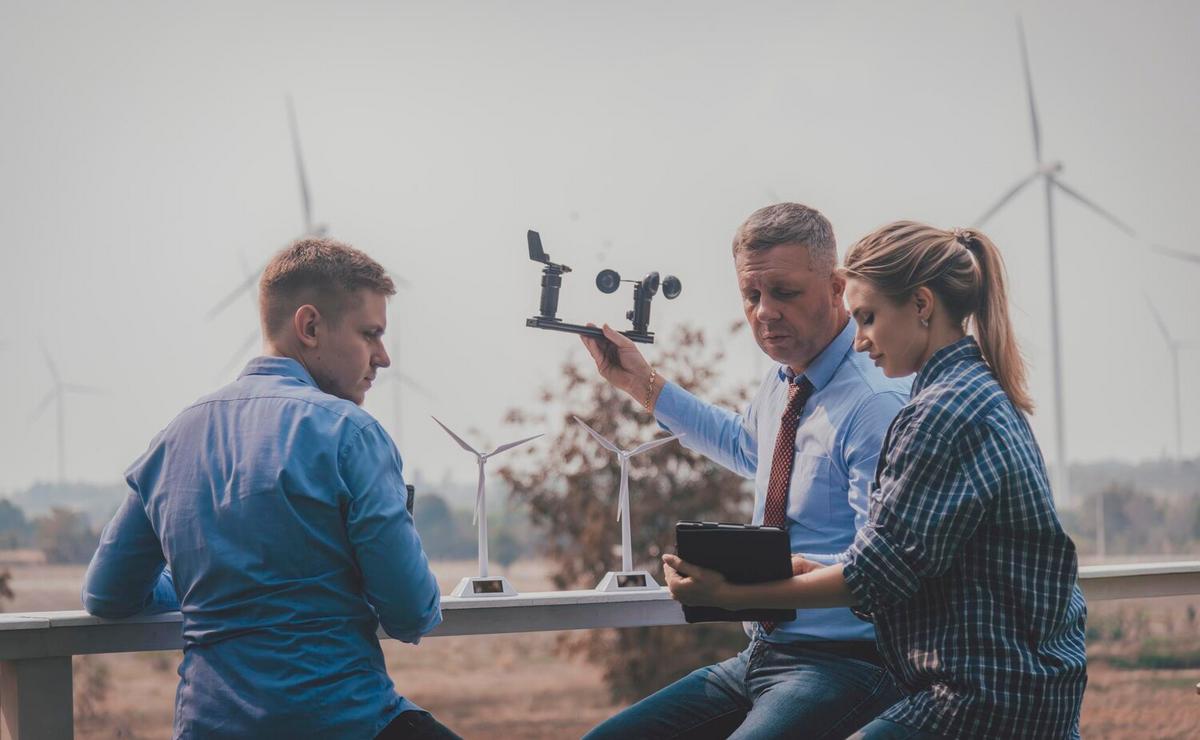
How Emerging Technologies Are Boosting Renewable Energy
Remarkable advances in technology are transforming the landscape of renewable energy, making it more efficient and accessible than ever before. As we navigate the challenges posed by climate change, these innovations are crucial in driving sustainable energy solutions.
Harnessing the Power of Technology
Emerging technologies are revolutionizing the way we produce and consume renewable energy. From solar to wind and beyond, technological advancements are enhancing efficiency, reducing costs, and expanding the reach of clean energy sources.
The Role of Artificial Intelligence
Artificial Intelligence (AI) is a game-changer in the renewable sector. AI algorithms can predict energy output and optimize energy storage. According to a report by the International Energy Agency, AI can increase the efficiency of solar panels by up to 20% by predicting weather patterns and adjusting settings accordingly. These improvements not only boost energy production but also ensure a reliable supply.
Innovations in Battery Storage
Energy storage remains a critical component in the renewable energy equation. Advances in battery technology are making it possible to store energy more efficiently. For instance, lithium-ion batteries have seen significant improvements in capacity and lifespan, making them a popular choice for both residential and commercial applications. A study by U.S. Department of Energy highlights that better battery storage can lead to a 30% reduction in energy costs for consumers.
Smart Grids: The Future of Energy Distribution
Smart grid technology is reshaping how energy is distributed. These systems use sensors and advanced communication technologies to monitor energy flow and manage demand efficiently. This not only minimizes energy loss but also supports the integration of renewable energy sources into the national grid. Smart grids are crucial in reducing carbon footprints and managing energy more sustainably.
Table: Impact of Emerging Technologies on Renewable Energy
| Technology | Impact |
|---|---|
| Artificial Intelligence | Increases efficiency by 20% |
| Lithium-Ion Batteries | Reduces costs by 30% |
| Smart Grids | Enhances energy management |
| Blockchain | Enables peer-to-peer energy trading |
| Internet of Things (IoT) | Optimizes energy consumption |
| Advanced Solar Panels | Boosts output by 15% |
| Wind Turbine Technology | Increases energy capture |
| Hydrogen Fuel Cells | Provides clean energy storage |
Expert Insights
Experts agree that these technologies are pivotal in the transition to a more sustainable energy future. For instance, Dr. Emma White, a renowned environmental scientist, notes that ‘the integration of AI and smart technologies in renewable energy systems is not just beneficial but essential for achieving global sustainability goals.’
Investing in smart home systems can significantly reduce your energy consumption by automating energy-intensive tasks and optimizing usage.
FAQs
Frequently Asked Questions
How does AI improve renewable energy efficiency?
AI enhances efficiency by predicting weather patterns and adjusting energy systems in real time to optimize energy production and storage.
What are the benefits of smart grids?
Smart grids improve the reliability and efficiency of energy distribution, reduce energy loss, and support the integration of renewable sources.
Why is battery storage important for renewable energy?
Battery storage allows for the accumulation of energy when production exceeds consumption, ensuring a constant energy supply even during periods of low production.
Conclusion
Emerging technologies are paving the way for a cleaner, more efficient energy future. By embracing these innovations, we can harness the full potential of renewable energy, making strides towards a sustainable and environmentally friendly world. As we continue to innovate, the possibilities for renewable energy are boundless. It’s time to capitalize on these advancements and make a lasting impact on our planet.


